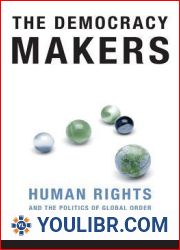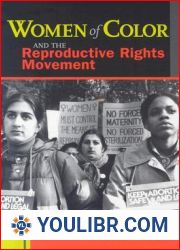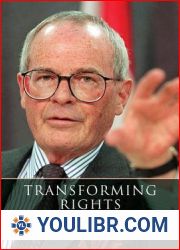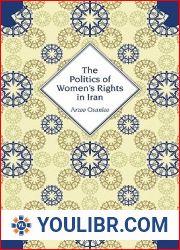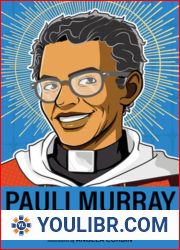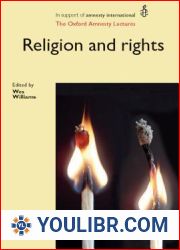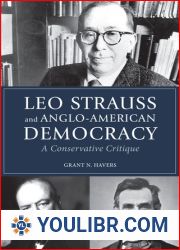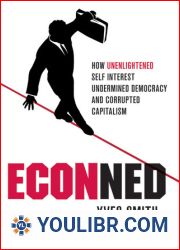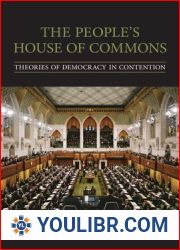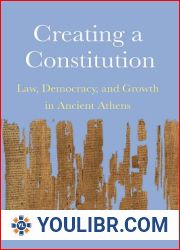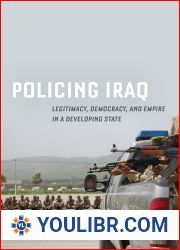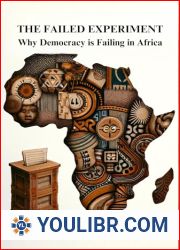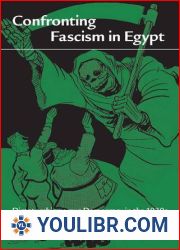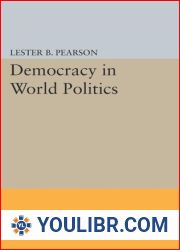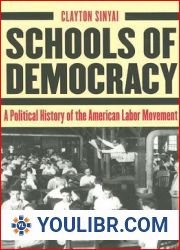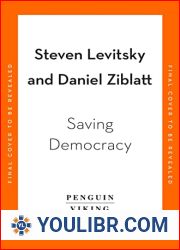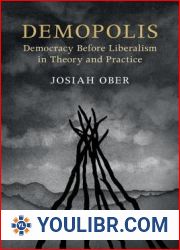
BOOKS - The Democracy Makers: Human Rights and the Politics of Global Order

The Democracy Makers: Human Rights and the Politics of Global Order
Author: Nicolas Guilhot
Year: November 29, 2004
Format: PDF
File size: PDF 824 KB
Language: English
Year: November 29, 2004
Format: PDF
File size: PDF 824 KB
Language: English
Has the international movement for democracy and human rights gone from being a weapon against power to part of the arsenal of power itself? Nicolas Guilhot explores this question in his penetrating look at how the U.S. government, the World Bank, political scientists, NGOs, think tanks, and various international organizations have appropriated the movement for democracy and human rights to export neoliberal policies throughout the world. His work charts the various symbolic, ideological, and political meanings that have developed around human rights and democracy movements. Guilhot suggests that these shifting meanings reflect the transformation of a progressive, emancipatory movement into an industry, dominated by and "experts, and " ensconced in positions of power.Guilhot's story begins in the 1950s when U.S. foreign policy experts promoted human rights and democracy as part of a and "democratic international and " to fight the spread of communism. Later, the unlikely convergence of anti-Stalinist leftists and the nascent neoconservative movement found a place in the Reagan administration. These and "State Department Socialists, and " as they were known, created policies and organizations that provided financial and technical expertise to democratic movements, but also supported authoritarian, anti-communist regimes, particularly in Latin America.Guilhot also traces the intellectual and social trajectories of key academics, policymakers, and institutions, including Seymour M. Lipset, Jeane Kirkpatrick, the and "Chicago Boys, and " including Milton Friedman, the National Endowment for Democracy, and the Ford Foundation. He examines the ways in which various individuals, or and "double agents, and " were able to occupy pivotal positions at the junction of academe, national, and international institutions, and activist movements. He also pays particular attention to the role of the social sciences in transforming the old anti-Communist crusades into respectable international organizations that promoted progressive and democratic ideals, but did not threaten the strategic and economic goals of Western governments and businesses.Guilhot's purpose is not to disqualify democracy promotion as a conspiratorial activity. Rather he offers new perspectives on the roles of various transnational human rights institutions and the policies they promote. Ultimately, his work proposes a new model for understanding the international politics of legitimate democratic order and the relation between popular resistance to globalization and the and "Washington Consensus. and "







